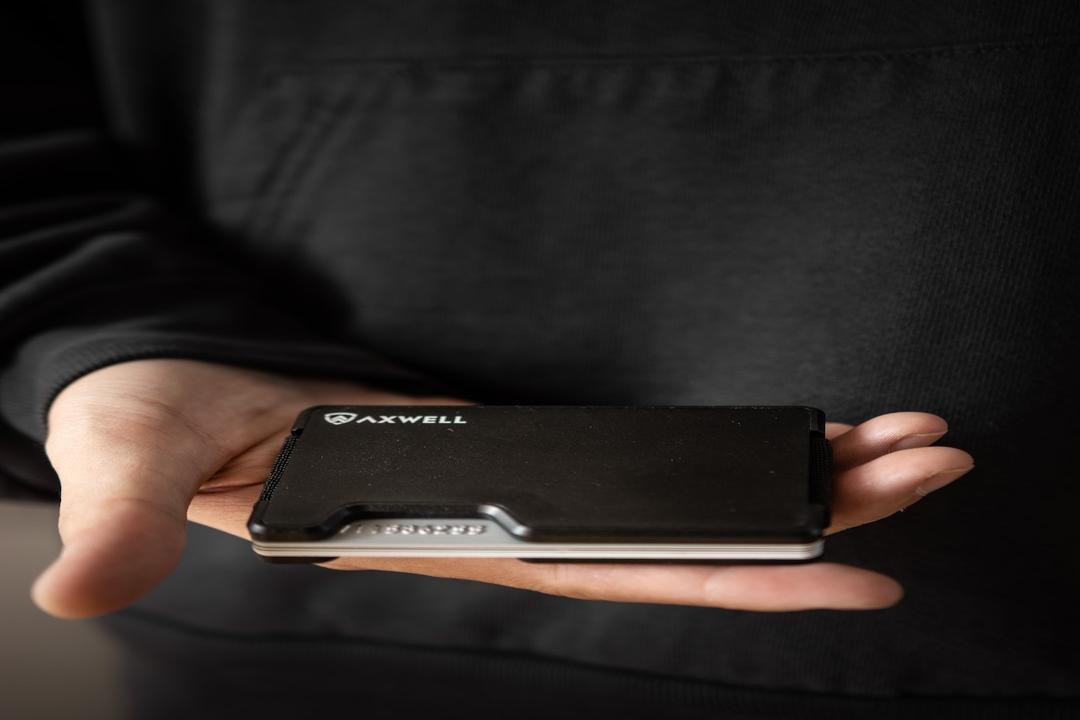The approval process for Ethereum (ETH) exchange-traded funds (ETFs) by the Securities and Exchange Commission (SEC) has been surrounded by controversies and uncertainties. While some argue that the recent news signifies an approval, the SEC has not yet cleared the products for trading, leaving the crypto industry divided.
However, the focus should be on the compromise regarding staking in the ETF filings. This compromise suggests that the product providers have reached an agreement with the securities regulator, or it could indicate that the SEC wants to keep a back door open for further examination.
The issue of staking has been a major point of contention for spot ETH ETFs, with debates over its interpretation in relation to the Howey Test. According to the SEC, staking meets all four requirements to be considered an investment contract. They argue that staking involves investing money into a common enterprise, the blockchain ecosystem, with the expectation of profits relying on the efforts of others, such as validators and developers. Therefore, the SEC believes staking should be regulated as a security under its jurisdiction.
On the other hand, opponents argue that staking is not like traditional investment contracts, but rather a technical service. It involves locking up crypto tokens to secure the network and ensure its smooth operation. Additionally, the rewards are not generated by validators or developers but are programmed into the smart contract itself.
The SEC’s recent concession on the ETFs is suspicious, as it appears to be a reluctant defeat while still holding another tool for scrutiny. Therefore, Ethereum proponents should not claim a complete victory yet.
To see the ETFs actually trade, the approval of the S-1 filings is necessary. BlackRock has reportedly updated its S-1 filing, which could be a positive sign. However, there is no guarantee of a swift decision, as the U.S. is in a political limbo this year.
The hasty approval of 19b-4 last week was politically motivated. The passing of the FIT21 bill, focused on crypto, in the House with support from Democrats indicates changing views on digital assets within the U.S. government. However, the uncertainty surrounding the upcoming presidential election makes it difficult to predict the future regulatory attitude towards crypto.
Regardless of regulation, the start of ETF trading is likely to boost the price of ETH and potentially kick off an “altseason.” However, the focus will likely remain on the Ethereum ecosystem rather than other chains. Expectations of approval for ETFs tracking the prices of other cryptocurrencies like Solana (SOL) and Ripple (XRP) should be tempered, as it may take time for the SEC to be as lenient with the rest of the crypto ecosystem.
Overall, most altcoins, including Ethereum, will remain speculative investments driven by sentiment and retail interest. Institutional interest is not guaranteed for Ethereum as it was for Bitcoin, and the ongoing uncertainty surrounding staking may make institutional investors more cautious.
Given the regulatory and political uncertainties, investors should remain level-headed. The market may experience volatility, and a sell-off in ETH and other altcoins is just as likely as a surge. The outcome will depend on the election result and how the SEC’s stance on staking evolves.
Being prepared for different outcomes is crucial for a successful investment or trading strategy when dealing with binary outcomes. It is clear that the SEC is not finished with its attempts to classify parts of the crypto ecosystem as securities, and staking could be a compromise that goes too far for the regulator.

